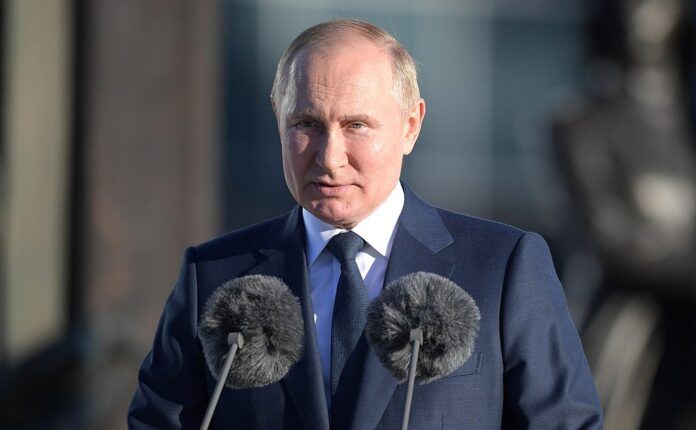The fall of Bashar al-Assad has reoriented the strategic landscape in the Middle East, significantly disrupting the geopolitical clout of Iran and Russia. Both nations have been anchored in their support for the Assad regime, reaping strategic advantages through their emboldened positions in the region. The comprehensive collapse of Assad’s governance thus Porter’s immediate setbacks and long-term challenges for these powers.
With Assad’s removal, Russia finds itself grappling with the permanence of its military footholds, primarily its two major bases in Tartus and Khmeimim, which bolster its strategic military projection in the Mediterranean and Middle East. Moscow has promptly initiated dialogues with Syria’s emergent leadership to secure their presence in the region and negotiate their geopolitical stakes moving forward.
Similarly, Tehran confronts the erosion of its influence corridors that Assad’s Syria afforded—a critical juncture after investing considerable resources to sustain the regime. The lost allyship underscores vulnerabilities in Iran’s strategy, prompting Tehran to reassess its alliances and leverage in the Middle East amidst evolving power dynamics.
Embed from Getty ImagesFor Russia, President Putin faces the pressure of maintaining regional influence amid the international scrutiny and strategic recalibration required. Moscow’s outreach to the new Syrian governance reflects cautious maneuvering to stabilize its interests and safeguard its geopolitical investments.
Iran, meanwhile, is recalibrating its strategy as it navigates the diplomatic landscape to retain its shia-aligned proxies and influence. Both Moscow and Tehran must now weigh options to bolster their enduring strategic objectives without Turkish encroachment or Western influence gaining undue sway.
This shift opens new diplomatic frontiers for other regional actors, notably Turkey and Gulf states, who see an opportunity to extend influence into Syria’s power vacuum. It also galvanizes discussion on altering the current geopolitical paradigm and the balance of power that Assad’s tenure largely solidified.
Perspectives
Western Geopolitical Interests:
Observers note an opportunity to reduce Russian presence in the Middle East following Assad’s fall, promoting expanded Western engagement in Syrian affairs. Supporting democratic transitions is deemed essential in fostering a liberal global order amid Middle Eastern complexities.
Sources:
The Guardian
CNN
Russian-Iranian Realignment:
Analysts emphasize the need for Russia and Iran to tighten their alliances and coordinate strategies following the loss of Assad’s regime, focusing on adapting to Syria’s new geopolitical realities. This perspective underlines the urgency of pursuing cohesive approaches to sustain influence.
Sources:
NBC News
Fox News
Middle Eastern Power Rebalance:
Regional analysts highlight an emerging shift as Turkey and Gulf states vie for greater sway in Syria. Increased interventionism by these actors seeks to counter potential Russian-Iranian influence resurgences, aiming to lean Syria’s future governance towards Western alignment.
Sources:
The Guardian
NBC News
